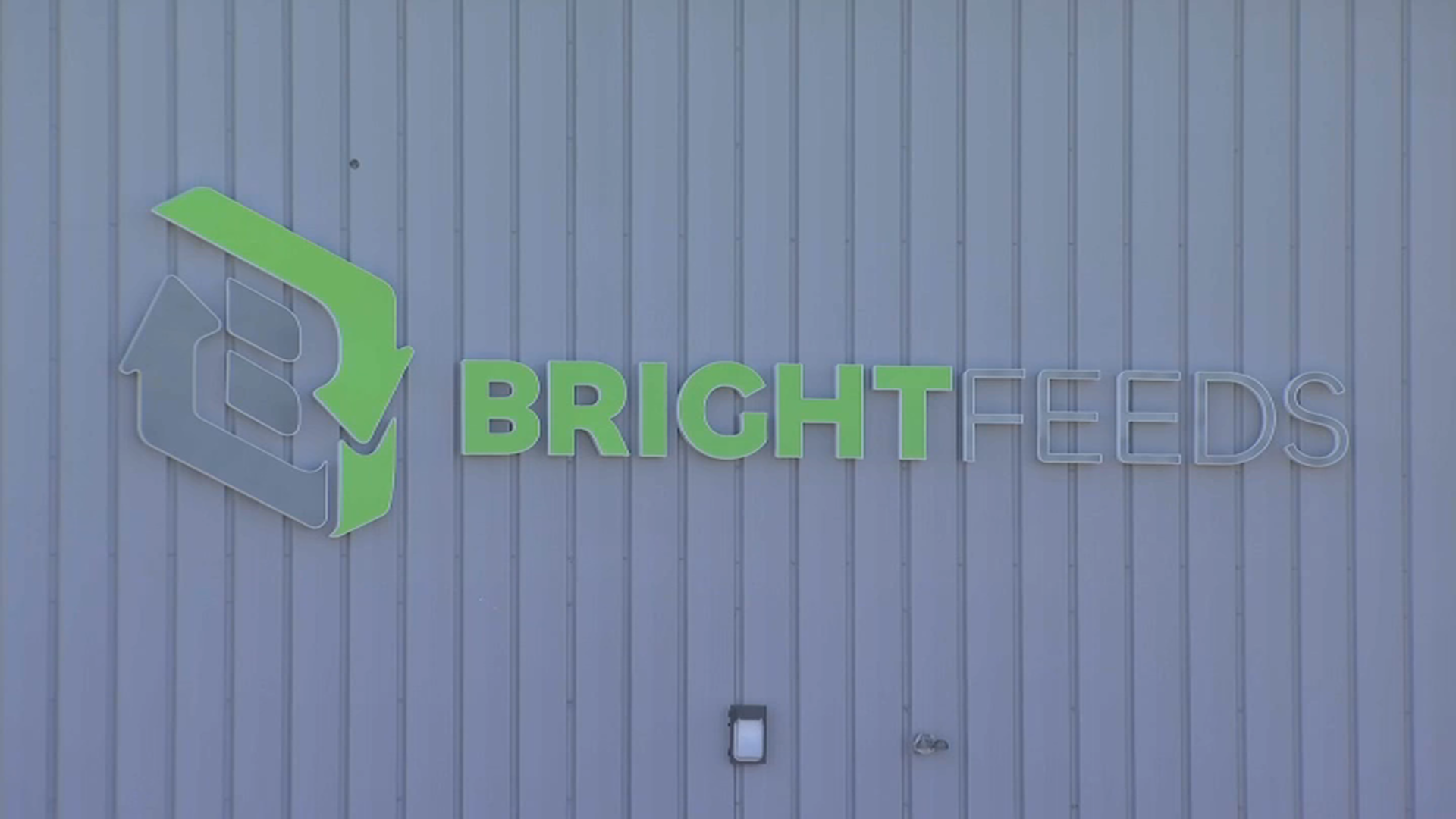Connecticut is part of a multi-state enforcement action to shut down a deceptive robocall fundraising operation that claimed to support veterans, cancer patients, children, firefighters, and other causes, according to Attorney General William Tong.
Associated Community Services (ACS) and its sister companies, Central Processing Services, and Community Services Appeal are accused of collecting more than $110 million in funds that donors believed would be given to charities. Instead, the companies kept as much as 90 cents of every dollar they collected that was supposed to be going to those caused, Tong said.
The attorney general said the defendants knew the organizations for which they were fundraising spent little to no money on the charitable causes the claimed to support, in some instances as little as one-tenth of one percent.
“These fake fundraisers bombarded millions of consumers with well over a billion deceptive robocalls—swindling generous families and robbing legitimate charities of support. Our enforcement action holds senior leadership personally accountable for this egregious fraud, and directs penalties collected into a fund for real non-profits to provide the services ACS and their related entities falsely promised,” Tong said. “Robocalls are more than just a nuisance, they are a real consumer protection and public safety threat. We are continuing to work closely with our partners in the telecom industry to develop and deploy technology to track and trace these calls and to bring scammers to justice."
Get Connecticut local news, weather forecasts and entertainment stories to your inbox. Sign up for NBC Connecticut newsletters.
Between January 2016 and August 2018, ACS made more than 34 million calls to Connecticut numbers alone, according to Tong.
“Despicable, right?” Tong said outside of his office in Hartford.
Associated Community Services, Central Processing Services, Community Service Appeal, and their owners, along with several spin-off companies and other senior managers are facing a judgment of more than $110 million as part of the action against them. Most of the judgement is suspended due to the fact that the defendents are unable to pay.
Local
While Tong says it’s doubtful those to blame will be able to pay their $110-million penalty in full, he hopes this sends a strong message to others participating in deceptive dialing, which even he admits isn’t easy to investigate.
“To be very candid, for law enforcement, civil law enforcement like me and for police and the FBI on the criminal law side, it’s very difficult to chase them when they’re in another country, but that’s why this multistate enforcement action is very important.”
The Federal Trade Commission and 46 agencies from 38 states joined Connecticut in the settlement.



